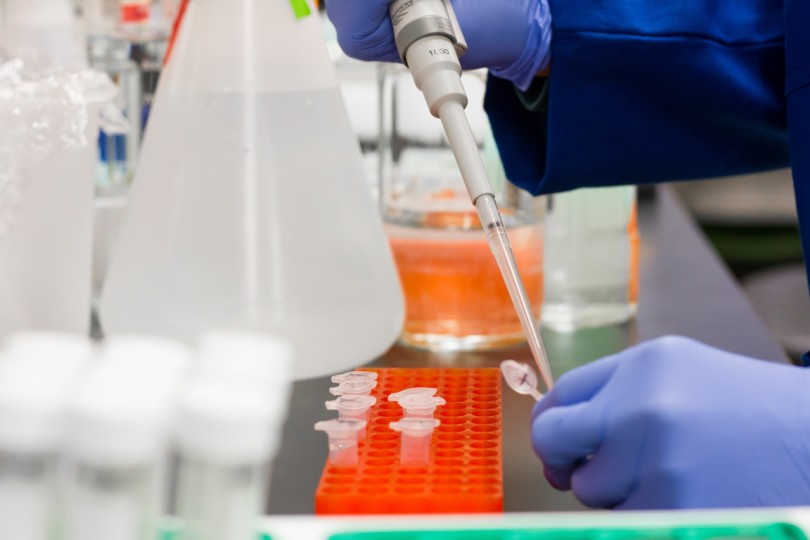22 Apr 24
Lab ChatLabworx
The Global News Source for the World of Science and Chemicals
How is the UAE treating COVID-19?
15 November 2020
Lab Chat
Our knowledge of coronavirus continues to grow with each passing day. At the beginning of the outbreak, doctors in the UAE and abroad were trying everything they could to counter the symptoms and stem the spread of the disease, but 10 months on, medical expertise surrounding the subject has come a long way.
By observing the efficacy of different treatment plans and sharing their experiences with other countries around the globe, the UAE have greatly increased their knowledge of how COVID-19 works and how best to counteract it. This has resulted in the nation having one of the lower death per capita rates in the world – and means that Emirati hospitals will be much better equipped to handle a second wave, should one arrive.
Trial and error
Since the moment the UAE experienced its first diagnosis of coronavirus in late January, doctors across the country have been experimenting with all kinds of treatments to fight the disease. From anti-malarial medication to anti-inflammatory drugs normally reserved for treating arthritis, it was a case of trial and error for the professionals essentially battling an unknown enemy.
Sharing knowledge with other countries was also key. Antiviral medication proved to be one of the most effective weapons against the disease, with the USA in particular pioneers of using this kind of medication to lessen the severity of symptoms. However, despite the initially encouraging signs about the drug Remdesivir – which received a ringing endorsement from President Trump himself – a WHO study found that the medication had little to no effect on actual death rates.
Other knowledge accrued during the initial response to the pandemic includes the discovery that statins can reduce the severity of COVID-19 symptoms. Statins are traditionally used to reduce cholesterol levels in the bloodstream and it is thought that the virus preys upon cholesterol to propagate throughout the body, hence the effectiveness of statin treatment plans.
In a good position
The incredible work done by Emirati doctors has produced impressive results. At the height of the pandemic, there were 40 sufferers from the disease being treated at Abu Dhabi’s Burjeel Hospital, several of whom were placed in intensive care. Thanks to the efforts of the medical staff, none of them died. The national death toll as a whole remains at below 500 at the time of writing, markedly lower than many of the UAE’s counterparts.
Indeed, the Emirates’ death per capita rate is just 49.04 per 100,000 inhabitants, making it one of the lesser affected countries in the entire world. Given that the most severely affected nations such as San Marino and Peru have rates well above 1,000 per 100,000 people, the Emirati rate is clear evidence of the success of its approach to handling the virus thus far.
As in many other countries around the world, the UAE has been experiencing an uptick in the number of positive diagnoses of late, signalling the likelihood of a second wave. However, the lessons learned in the initial outbreak are sure to stand the medical community in good stead as they look to mitigate its effects going forwards.
DOWNLOAD PDF

2 Day Seminar Program
@ ArabLab+ 2024
24 & 25 September 2024
Your stay in Dubai
Labkit
Product News
Chemkit
Product News
Thinking about exhibiting at ARABLAB 2024? Watch our video to find out more.
Join the world’s leading organisations…
Get in touch and stay in touch…
Join our mailing list and receive the ARABLAB newsletter and event updates.





















